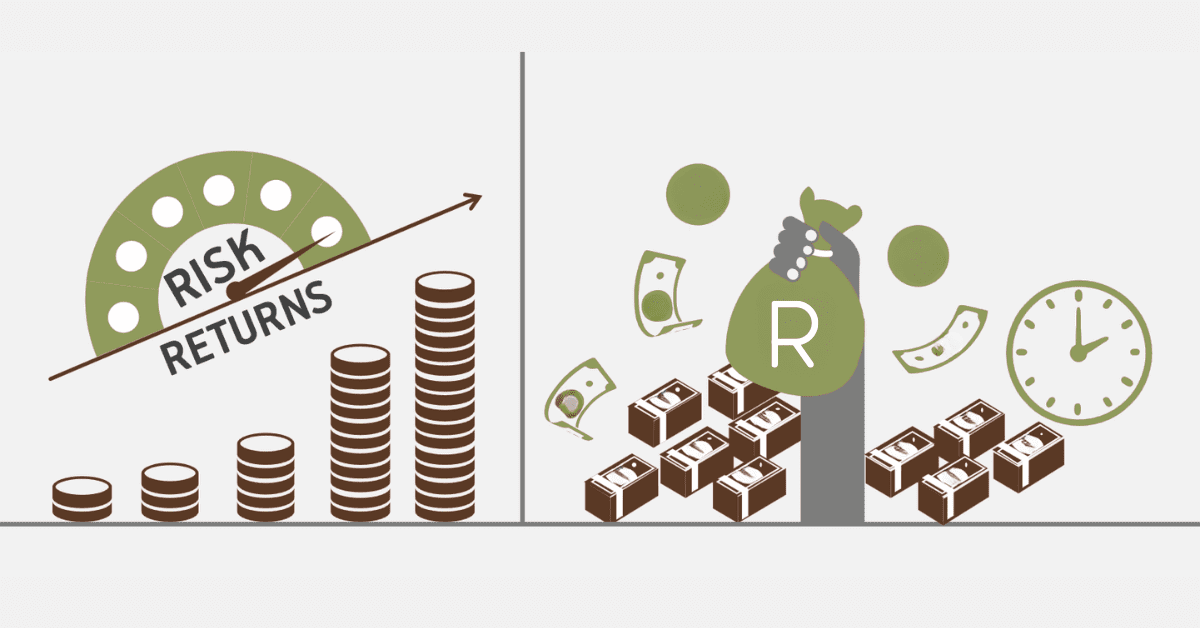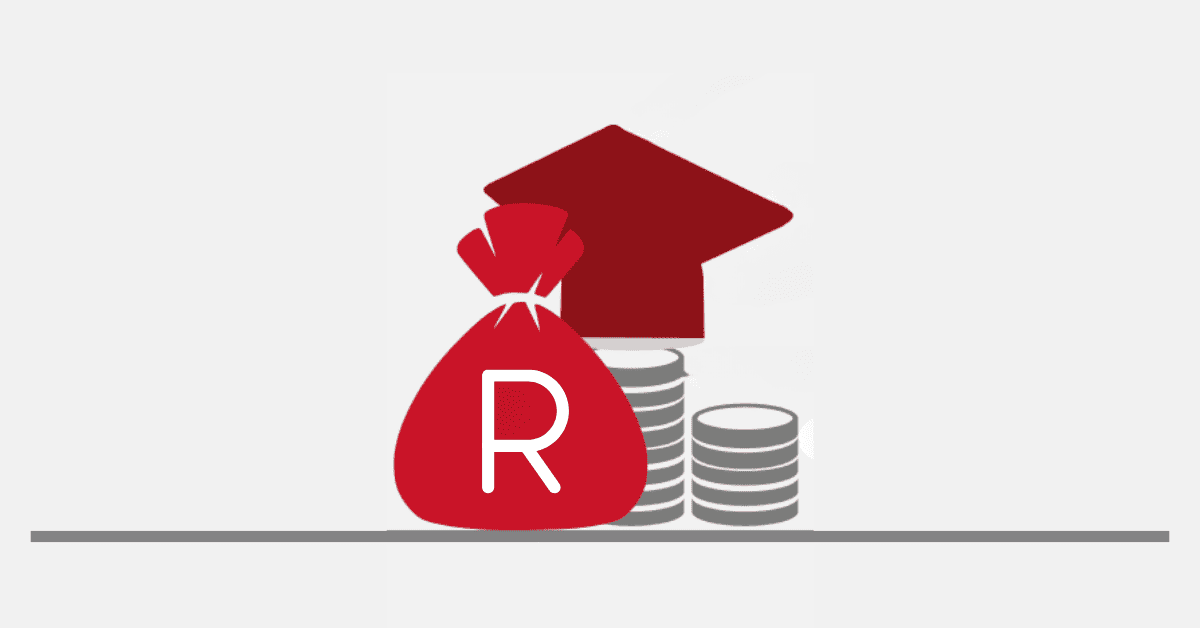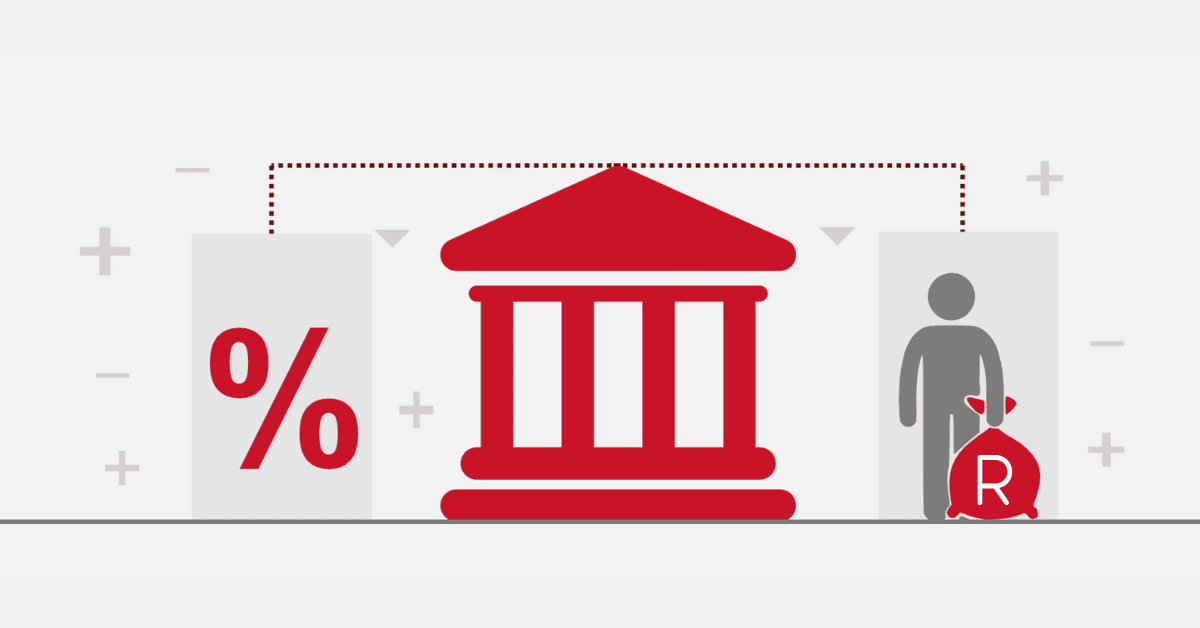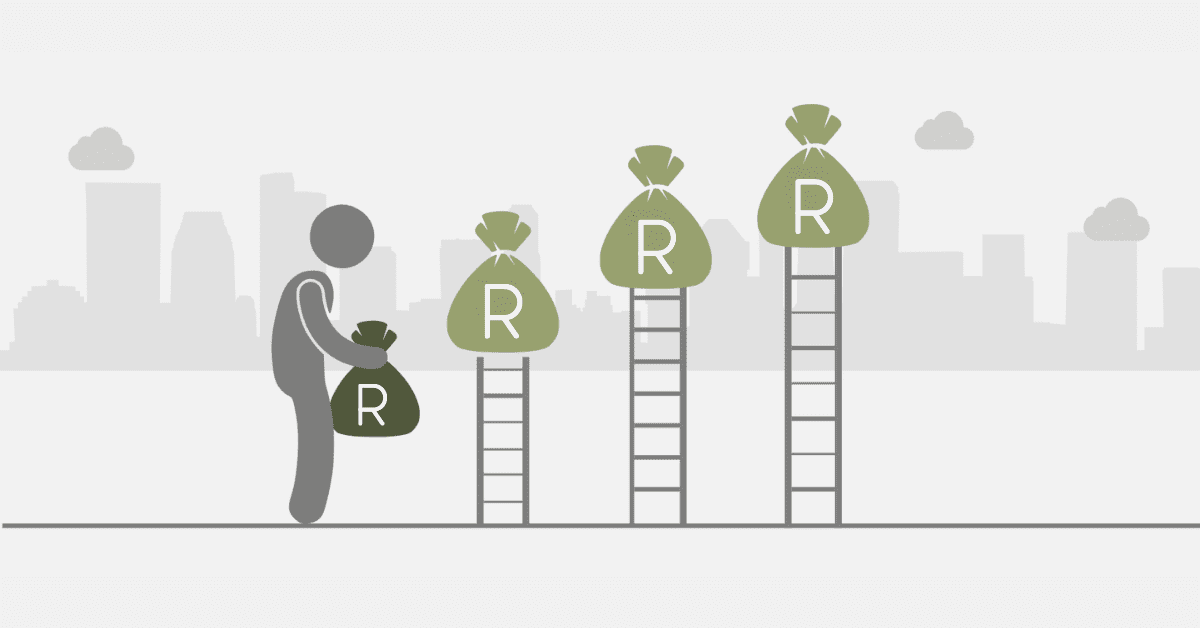Financial goals are crucial in ensuring you manage your money correctly and live how you want to. This will eventually help you budget your spending, grow your savings, and plan for important things like education, retirement, or purchasing a house. Correspondingly, a financial goal imbues you with a sense of direction and purpose and ensures that you realistically control your resources in the long term. In South Africa, these goals and objectives are more critical, with all the economic challenges and opportunities.
Why Setting Financial Goals Helps You
There are many benefits to setting financial goals. To begin with, it establishes a guideline for future investments in the financial sector, and one can understand what to achieve and how to reach that pedestal. If, for instance, all you want is to purchase a house in Johannesburg, then an indication of how much, on average, a home is worth will go a long way in helping you work towards attaining your goal. Financial goals also help prioritize decisions. It is possible to separate needs from wants and allocate your spending toward what you are working to achieve.
The other advantage of financial goals is that it fosters better financial habits. Goals would make you keen on saving for a new car or clearing up debt without an unplanned budget, while the magnitude of the savings through this disciplined approach tends to be substantial. This in South Africa is such a game changer because people struggle with high debt levels and hardly save anything. It emphasizes how crucial effective goal-setting is to inspire somebody to take the driver’s seat—his life, in reducing their debt and growing wealthy.
Additionally, financial goals give you the motivation to continue with the plan. Striving for a focus, such as saving for the children’s education, will help you avoid impulsive financial decisions. This is very important in economic instability, which often catches people off guard because most South Africans drift away from their saving plans. Doing so will help the individual tide through economic vagaries and gain excellence in the long run.
How to Set Financial Goals
Setting financial goals includes several steps to ensure they are practical and attainable. The first step is realizing, or taking stock of, the current fiscal situation. This consists of assessing income, expenses, savings, and debt. Understanding present standing financially is very critical to setting realistic financial goals.
Now, categorize your goals within the short, medium-based, and long-term. A short-term goal will, for instance, be purchasing a financial fortification that can be achieved in one year or less. A mid-term will be one to five years to save ahead to buy a car. Long-term goals are, for instance, retirement purposes exceeding five years.
Once you finish goal classification, transform them into something specific with measurements. For instance, instead of having a vague goal like “to save money,” you should state the specific amount, like “to save R50,000 in two years.” That way, you clearly know what you are working toward, and tracking becomes possible.
Likewise, those go als need to be given specific timeframes. Deadlines create a direction to the target and keep one focused. In the case of using the particular goal of purchasing a house in Cape Town within materialize within five years, it helps to want to save monthly or, consequently, build equipment by at least having saved an x-amount per annum.
What Differentiates Short-Term and Long-Term Financial Goals?
It is very critical to understand this distinction. A short-term goal implies that the completion of the goal should be within either a year or even less. These are usually made to solve some immediate need and small changes in the amount of money involved. For instance, these goals include saving for a vacation, creating an emergency fund, or repaying a small debt. These needful goals call for being acted upon with immediate effect and discipline but can offer some fast wins to boost your confidence in financial good health.
Long-term plans, on the other hand, take many years to be realized and correspondingly demand lots of resources. Long-run plans include saving for retirement, buying a home, or children’s educational needs. These are long-term objectives that require consistent efforts and strategies.
What Are SMART Goals?
These are the guidelines to help you derive proper and possible financial objectives. This generally means Specific, Measurable, Achievable, Relevant, & Time-bound. This way, your targets are guaranteed to be clear and realistic so they can possibly be brought to fruition.
- Specific: A specific goal has a clear and precise objective designated. For instance, instead of “I want to save money,” specifically explain: “I want to save R20,000 for a down payment on a car.”
- Measurable: This clearly defines what must be achieved – for example, people can scale to know when they are within their budget. An example is, “I shall be saving R2,000 per month.” This way, you should be able to track if you are saving much per month.
- Achievable: An attainable goal can be reached based on your present financial situation. For instance, you will have an unrealistic goal and set yourself up for frustrations and failures if you have set yourself to save R1 million within one year from a trim income level.
- Relevant: A relevant goal aligns with your broader financial objectives and personal values. If owning a home is a priority, saving for a down payment is more appropriate than saving for that next great vacation.
- Time-bound: It refers to the stated deadline for completion. For instance: “I shall save R50,000 for my child’s education fund by December 2026.”
Final Thoughts
One of the most critical steps required for attaining stability and success from a financial point of view is setting financial goals. Clear, specific, and structured goals keep you motivated toward reaching these goals, whether saving for a short-term need or planning for long-term security. The ever-unpredictable economic conditions make it confident that setting SMART goals in the financial domain becomes crucial to guide you through challenges and stay focused on your objectives for South Africa.













